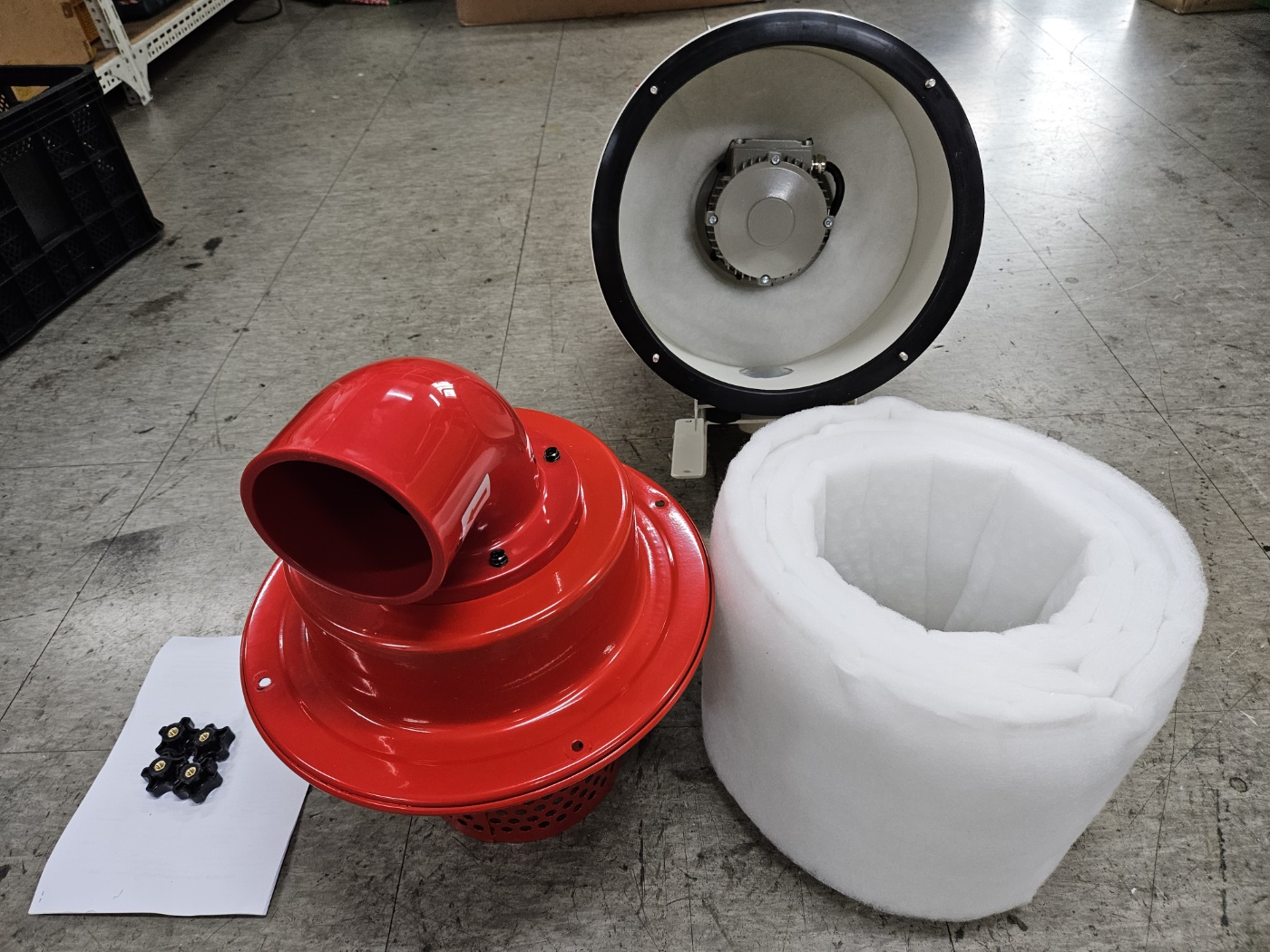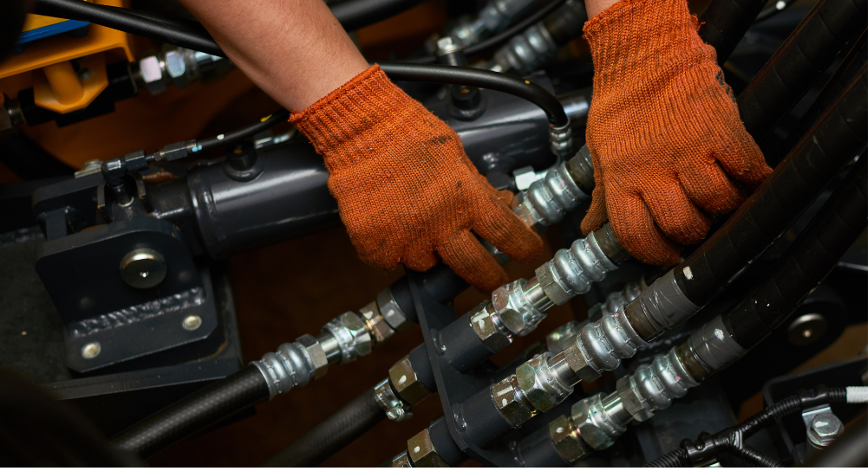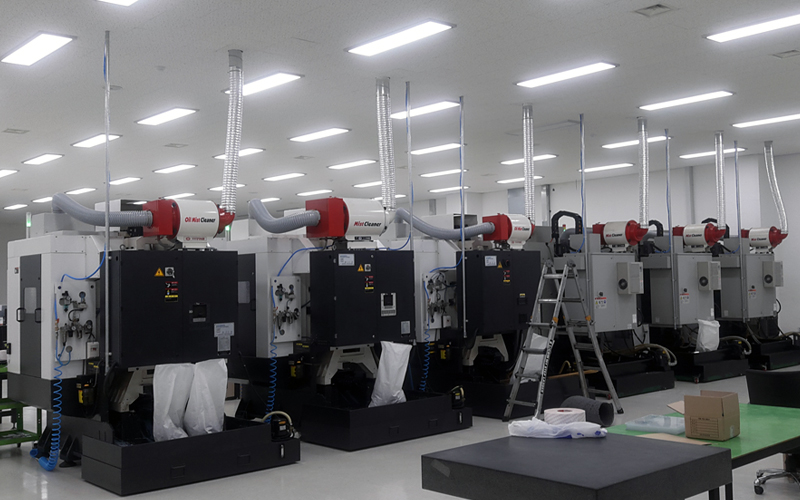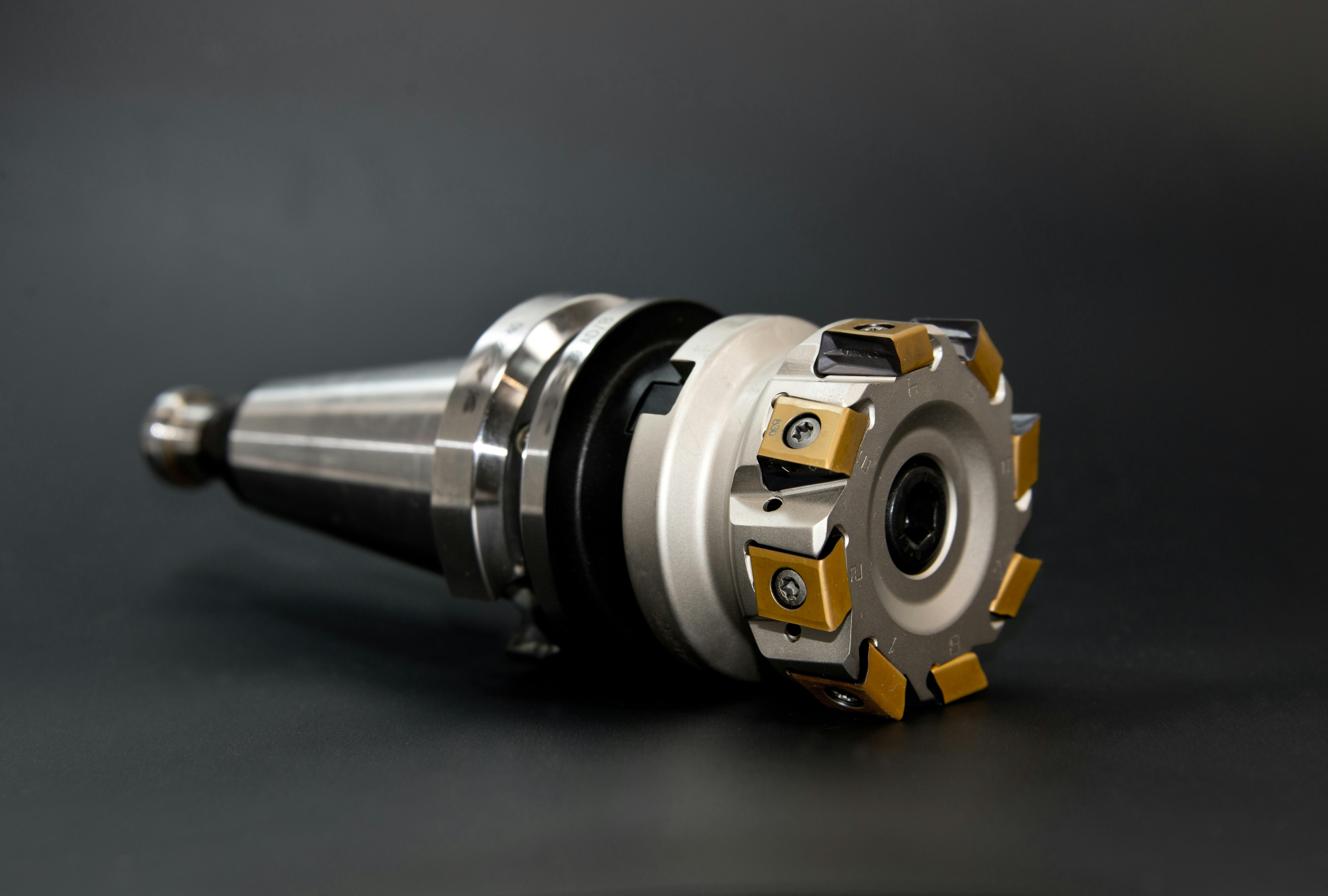 28Aug
28Aug
Maximizing CNC Performance: A Guide to Collets and Their Importance
When it comes to CNC machining, the precision and efficiency of your operations depend on the quality of your toolholding. Collets are a critical component in ensuring that your cutting tools are securely held in place during machining operations. This guide explores the types of collets, their applications, and how to select and maintain them for optimal performance.
Understanding CNC Collets
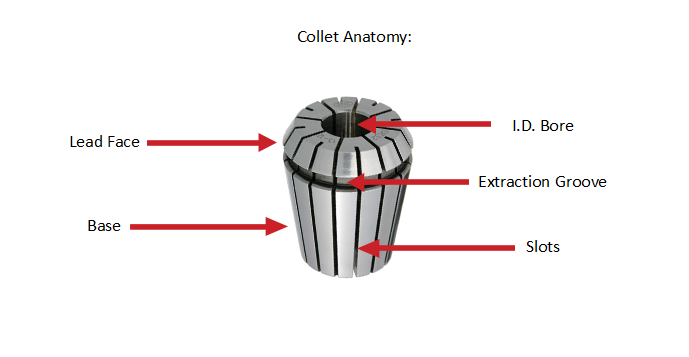 Source: Medium
Source: Medium
What is a Collet?
A collet is a cylindrical toolholder that grips cutting tools or workpieces with high precision. Essential in CNC machines, collets achieve tight tolerances, reduce runout, minimize vibration, and improve machining accuracy.
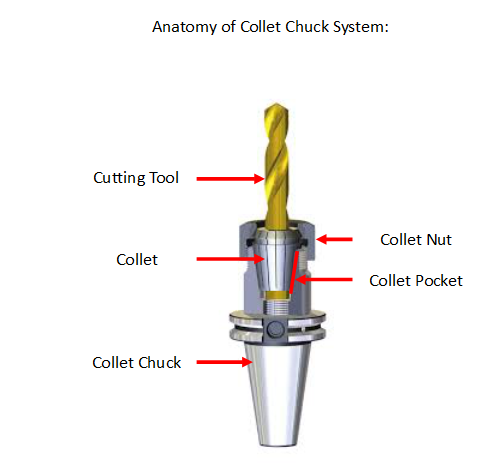 Source: Medium
Source: Medium
CNC Collet Chucks
CNC collet chucks hold the collet in place within the machine’s spindle. The collet chuck system ensures the collet grips the tool securely, providing the necessary rigidity for precision operations. A well-balanced collet chuck system is crucial for high-quality machining results.
Types of CNC Collets
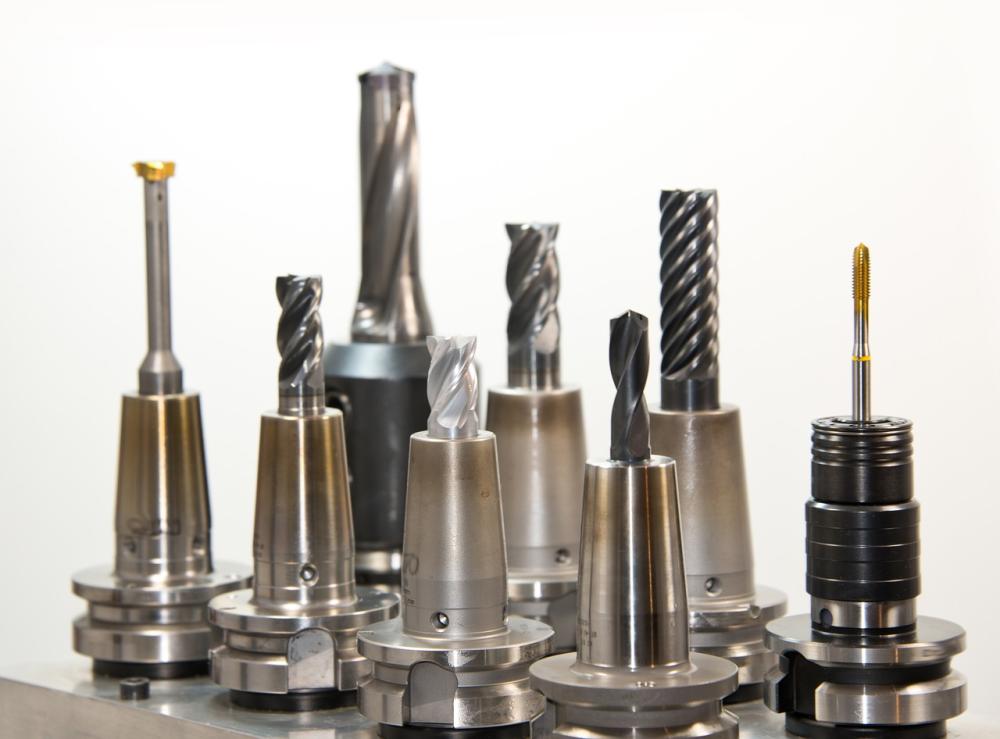
ER Collets
ER collets are among the most versatile and widely used collets in CNC machining. They can accommodate a range of tool diameters within a specified range, making them ideal for various applications, from milling to drilling. The ER collet’s design ensures a balanced grip on the tool, contributing to improved machining accuracy.
R8 Collets
R8 collets are commonly used in milling machines, particularly for smaller tools. They offer quick tool changes and a reliable grip, making them a favorite in many shops. The quick-grip feature of R8 collets allows for efficient operations, reducing downtime and improving overall productivity.
5C Collets
5C collets are primarily used for workholding in lathes, offering excellent concentricity and holding power. They are ideal for high-precision operations where maintaining part alignment is crucial. These collets are especially useful for applications that require consistent tool positioning and minimal runout.
Taper Collets
Taper collets, such as those used in machining centers, provide a superior grip and stability, reducing tool runout and ensuring high-quality finishes. These collets are essential for demanding applications where precision and reliability are paramount. The taper design of these collets enhances their rigidity, making them suitable for heavy-duty tasks.
How to Select the Right Collet for Your CNC Machine
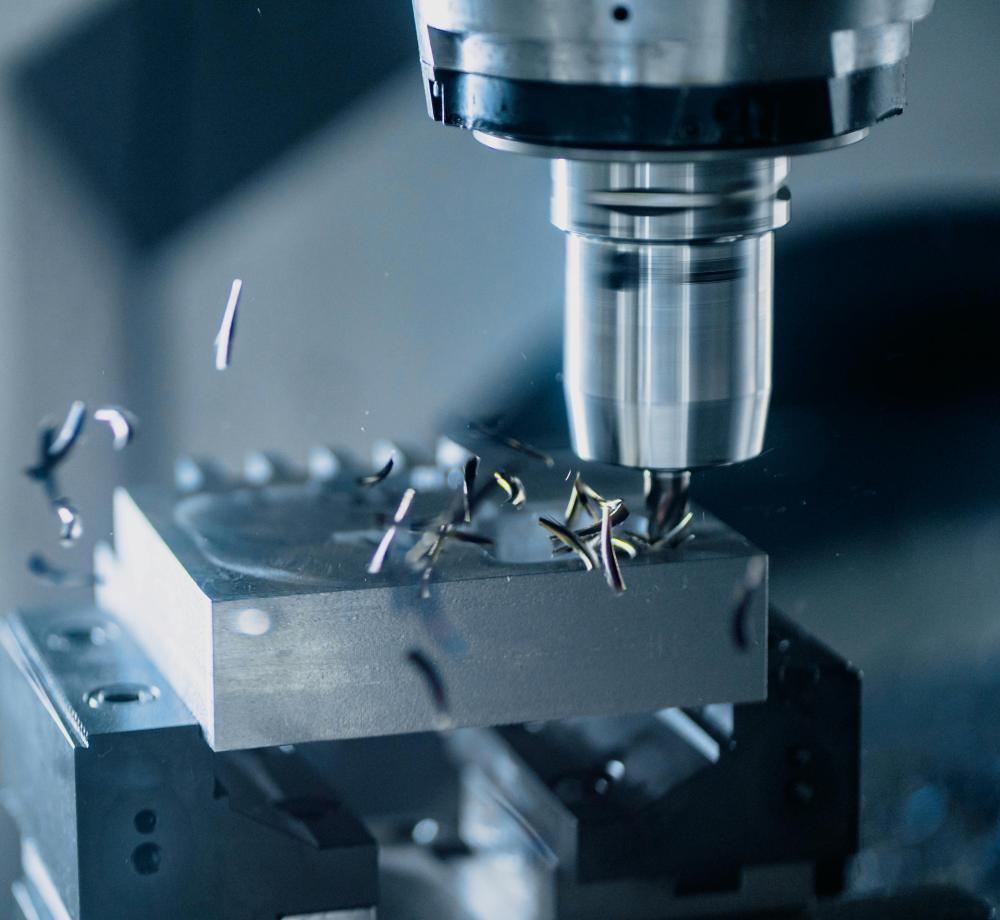
Material Considerations
Collets are typically made from hardened steel or carbide, offering durability and resistance to wear. The material choice can affect the collet’s performance, with carbide collets offering better precision and wear resistance, especially in high-speed operations. For those working with delicate materials, softer collets may be more suitable to avoid damaging the workpiece.
Tool Compatibility
Choosing the right collet size and type is crucial for ensuring compatibility with your cutting tools. The collet should match the tool’s shank diameter precisely to prevent slippage and ensure optimal performance. This compatibility ensures that the tool is securely held in place, maintaining the integrity of the machining process.
Application-Specific Needs
Depending on the machining operation—whether it’s milling, drilling, or turning—the type of collet you choose can significantly impact the quality of your work. For example, taper collets are ideal for heavy-duty machining, while ER collets are suitable for general-purpose tasks. Collet chucks must also be considered to ensure they match the collet type and tool for maximum efficiency.
Importance of Collet Maintenance
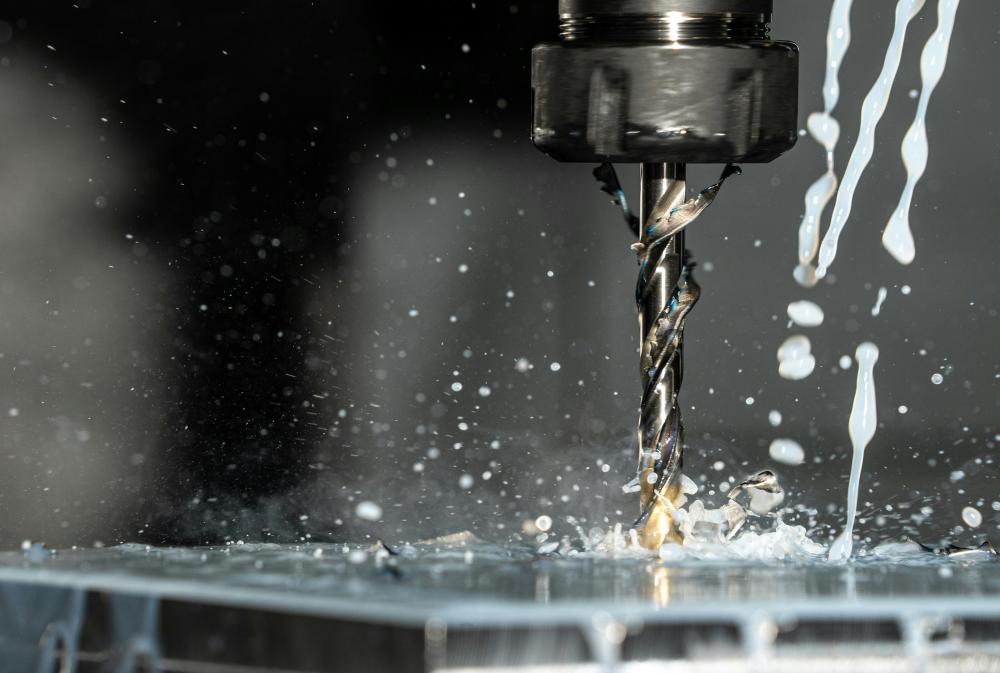
- Regular Cleaning: To maintain accuracy, it’s essential to clean collets regularly. Debris buildup can cause inaccuracies in tool holding, leading to poor machining results. Regular maintenance of both the collet and the collet chuck system is necessary to ensure the longevity and reliability of your equipment.
- Inspection and Replacement: Collets wear out over time and need to be inspected and replaced regularly to maintain precision. It’s recommended to inspect collets every 500-800 machine hours and replace them as needed to prevent tool slippage and ensure consistent performance. Replacing worn collets is critical for maintaining the rigidity and accuracy of your CNC operations.
- Lubrication: Applying a light coat of oil to the collet can prevent rust and ensure smooth operation, further extending the life of the collet. Proper lubrication also helps in reducing wear on the collet chuck, contributing to the overall performance of your CNC machine.
IndustryNest's Range of Taper Collets
At IndustryNest, we offer a selection of high-quality taper collets designed to meet the demands of modern machining centers. These collets provide excellent toolholding, ensuring minimal runout and maximum grip on the tool, which is crucial for precision machining. Our range includes:
- DIN 40 Taper Collet Assembly: Ideal for a wide range of CNC machining applications, this collet assembly is engineered for high precision, offering superior grip and minimal runout. It’s a versatile choice for various machining tasks.
- DIN 50 Taper Collet Assembly: Designed for heavy-duty applications, this collet assembly provides exceptional performance and durability, making it suitable for demanding machining environments where stability and precision are essential.
Conclusion
Selecting the right collet and maintaining it properly are crucial steps in maximizing the performance of your CNC machine. Whether you’re looking for versatility, precision, or durability, IndustryNest offers a range of collet assemblies that meet the highest standards of quality. Explore our selection to find the right collet for your needs, and ensure your CNC machine operates at its full potential. For more information, submit an online inquiry or contact us directly to discuss your specific needs and how we can help you achieve the best results in your machining operations.

















